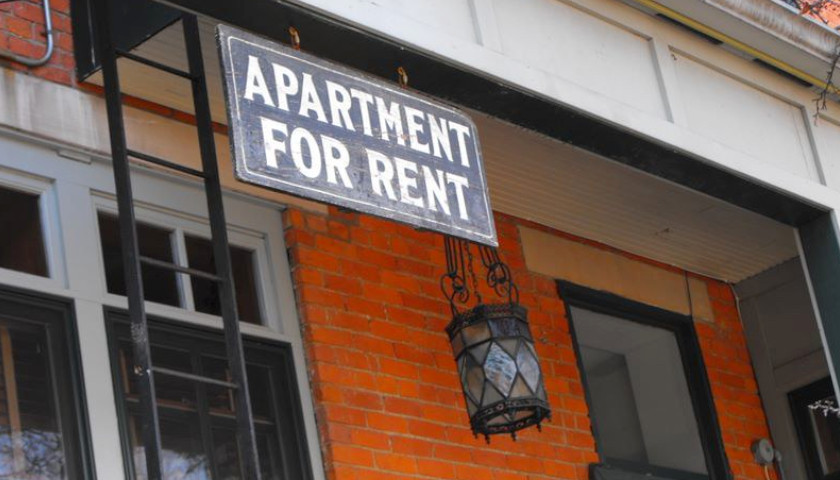by Bronson Winslow
Apartment demand in the third quarter of 2022 dropped into the negative for the first time in 30 years as many renters have lost confidence in the market due to economic uncertainty, according to RealPage analytics.
Rental markets boomed at the start of 2022, but Q3 data shows a 1.0% increase in apartment vacancies despite a 0.2% month-over-month asking price decrease in September, RealPage reported. Weak rental numbers, despite the first month-over-month asking price drop since December 2020, point to a general economic uncertainty among renters who have adopted a “wait and see” mentality, the outlet reported.
Though President Biden told CNN’s Jake Tapper Tuesday that he doesn’t “think there will be a recession,” the Consumer Price Index (CPI) rose by 8.3% year-over-year in August, and housing costs are expected to reflect a 0.3% increase in September’s CPI report, according to MarketWatch. Renters are currently questioning where the economy will go next, and RealPage believes this uncertainty is the main cause of rental market demand decreases.
 Apartment demand continued to drop in Q3, but affordability steadily increased, RealPage reported. Month-over-month asking prices are “well below” 2021 prices in every month since April resulting in year-over-year price growth dropping from 15.7% in March to 9.0% in September.
Apartment demand continued to drop in Q3, but affordability steadily increased, RealPage reported. Month-over-month asking prices are “well below” 2021 prices in every month since April resulting in year-over-year price growth dropping from 15.7% in March to 9.0% in September.
If affordability was a factor driving rent demand down, high end apartments would see a migration of renters moving to more affordable leases, RealPage reported. But vacancies are being reported evenly across all price points, suggesting that affordability is not the driving factor in decreasing demand.
While @AnalyticsRP noted that it’s the 1st time they’ve recorded a 3Q drop in demand in 30 years, they go on to say that “if jobs/wages hold up as they have and inflation cools, we should see pent-up rental demand unlocked ahead of the ’23 leasing season.”https://t.co/mYTPwzZpYz pic.twitter.com/TnncqWva1h
— Calvera Partners (@calverapartners) October 7, 2022
Another factor that can lead to rental demand decreases is a drop in renter income, but year-over-year income for new lease signers has increased by 11.3%, Real Page reported. Rent-to-income ratios are just above 23% and rent collections have increased from 94.9% earlier this year to 95.4%.
– – –
Bronson Winslow is a reporter at Daily Caller News Foundation.
Photo “Apartment for Rent” by cincy Project. CC BY 2.0.




